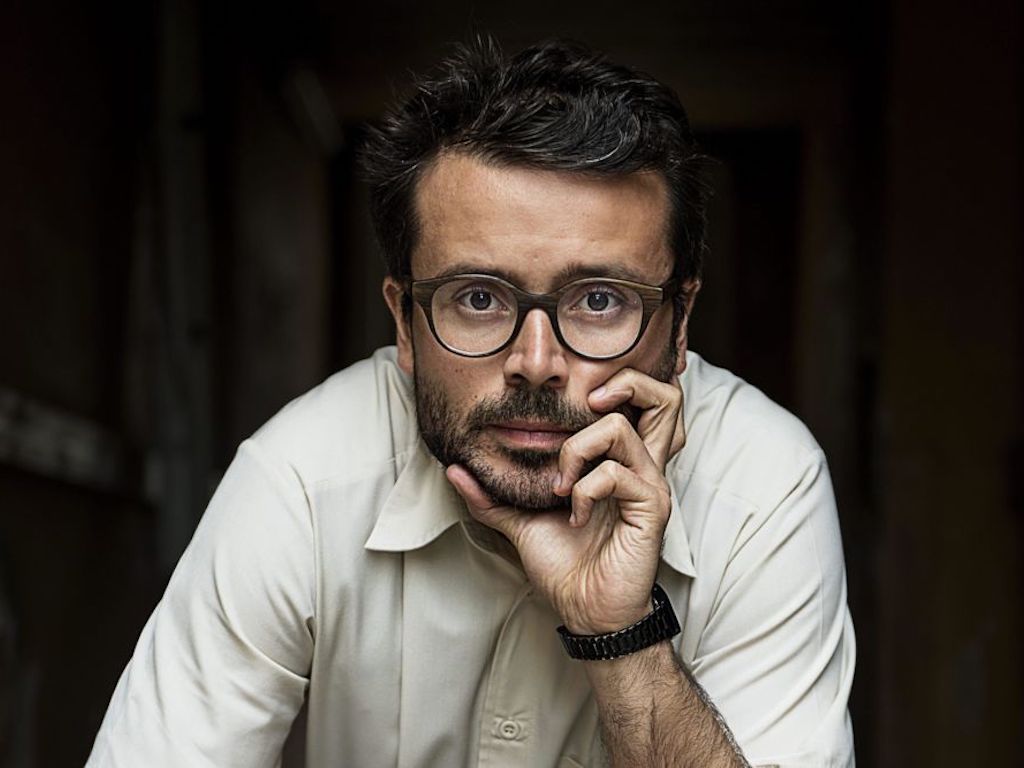3 Mins Read
Michelin’s latest green campaign to introduce a new emblem for sustainable gastronomy has come under criticism for greenwashing. After digging into the Guide’s criteria for approving which restaurants could receive the green clover shaped seal of approval, Chef Christian F. Puglisi of Copenhagen restaurant Relae expressed his disappointment in a strongly worded post, stating “there is one word for this practice and this is greenwashing.”
The Michelin Guide recently introduced a new clover-shaped icon for sustainable gastronomy, which debuted in the latest issues of Michelin Guide France 2020 and Michelin Guide Nordic Countries 2020. While the emblem aims to recognise restaurants that promote sustainable practices such as recycling, food waste reduction and ethical ingredient sourcing, one chef is saying that the Guide is doing little to ensure that these standards are actually met. In writing, Italian chef Christian F. Puglisi of 1-starred restaurant Relae in the heart of Denmark’s capital said that the Guide’s criteria simply involves asking over the phone whether a restaurant’s operations are sustainable.
“It is disrespectful towards the ones in this industry taking the current issues seriously. It is hurting the credibility of our restaurant scene to announce leaders to be setting the standard for the rest of the world to follow,” Puglisi said.
Puglisi admitted that initially, when Michelin’s campaign was announced, he thought that it was an interesting concept. What led him to claim that Michelin’s move amounts to greenwashing was when he began investigating how restaurants would qualify for the clover emblem. According to the chef, the process amounted to nothing more than a simple phone call that asked whether the 1-starred Relae restaurant was sustainable and to give a few reasons why.
“Just a phone call gives you the right to display a clover next to our Michelin star. Like 10 other restaurants in Denmark. Like 26 other restaurants in Scandinavia. Like 50 in France,” he lamented. There was no audit, no survey, no effort to look into the credibility of a restaurant’s claims.
Before Puglisi allowed criticism to rebound back his direction, he recognised that he does not believe his own restaurant, Relae, is entirely sustainable. “We do serve meat…we do emit CO2, we produce waste, we heat the restaurant in winter…and we do sometimes travel for cooking dinners and demos,” the Italian chef confessed.
But he noted that his restaurant team has been making efforts in recent years through a number of measures, which can be proven and backed up by independent audits and the restaurant’s own regular auto-auditing. Some of these initiatives include working exclusively with organically certified produce since 2014, limiting waste and setting up a farm in 2016.
He concluded that he believes that the core of what Michelin stands for runs counter to what sustainability is all about and should strive towards in the food industry. “The excessive manipulation and a wasteful, and in my taste, distasteful approach to cooking is at the very core of the fine dining that Michelin represents,” Puglisi wrote.
The Italian chef’s heartfelt letter reveals that there is still much to be done to fight the environmental impact of F&B. As the climate emergency continues to intensify, we can no longer afford to ignore our food choices and the footprint attached to it – whether it is about carbon emissions, food packaging, food waste and unsustainable agriculture.
Lead image courtesy of Berlingske / Sara Gangsted.




